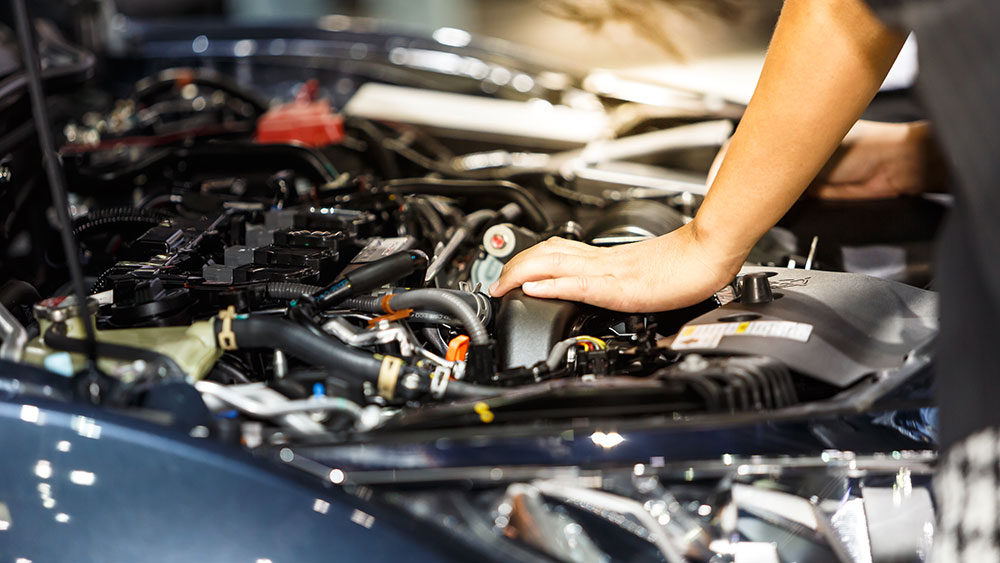I was setting up a new Google Home device when it struck me that it's very sexist to have women voicing over the Siris, Alexas, and Google Homes of the world (with the former two even getting female names). Quick googling shows that many have analyzed this problematic issue (one example article here). Research says customers prefer female voices for chores. Well just because there is latent sexism everywhere shouldn't mean companies just pander to it. And meanwhile IBM Watson apparently got a male voice because 'he' will answer technical queries where listeners prefer male voices that convey 'competence'. Grrr
When will phone makers go back to prioritizing function over form?
I have written about glass phone backs and other dumb decisions before. Today my ire is towards Face ID and it's peers. I recently got the Google Pixel 4. Great device but the Face ID (with Radar / laser dot technology and what not) is still not as reliable as a good old fingerprint scanner. Same issue with iPhones. And it's even worse with in-screen fingerprints that Samsungs and others have moved to. A fingerprint recess is always there where you expect it to be, so you quickly build muscle memory and it's near 100% reliable. Tech and ergonomics that were perfected in, what, 2014? But here we are in 2019, still having to do 'lean-over' and 'lay-down' tests to check whose Face ID is less shittier (here).
I dream of plastic
A few months back I had this day dream where I imagined a world where scientists somehow never invented plastic (at least the polythene kind). Can you imagine how our world would have been? No single use carry bags clogging up sewers, showing up in choked whales' bellies, creating the great Pacific garbage patch, sending microplastics everywhere into the air and oceans. And what would giant plastic-reliant industries have looked like? Fresh food would have maybe gotten packed in leaf wraps or food grade paper / foil? The disposable cutlery industry wouldn't have existed. Maybe we would have a lot more scullery space and staff in fast food restaurants. Amazon and UPS would have relied on cardboard and paper protectors instead of blithely tossing in bubble wrap all over packages. I keep going back to that fantasy and building on it. Perhaps the scientists did invent polythene but it was a super toxic substance. Maybe it was so expensive to make that it never reached mass production. Maybe the environmental ills were co-discovered and acknowledged so that the cost of landfilling / recycling polythene was baked into the cost of production (who am I kidding with this last one). Anyway, I am thinking there is a full book idea in there. After all, I thoroughly enjoyed 'The World Without Us', a non-fiction book about what would happen to the natural and built environment if humans suddenly disappeared. Go 'environment fantasy' as a genre!!


